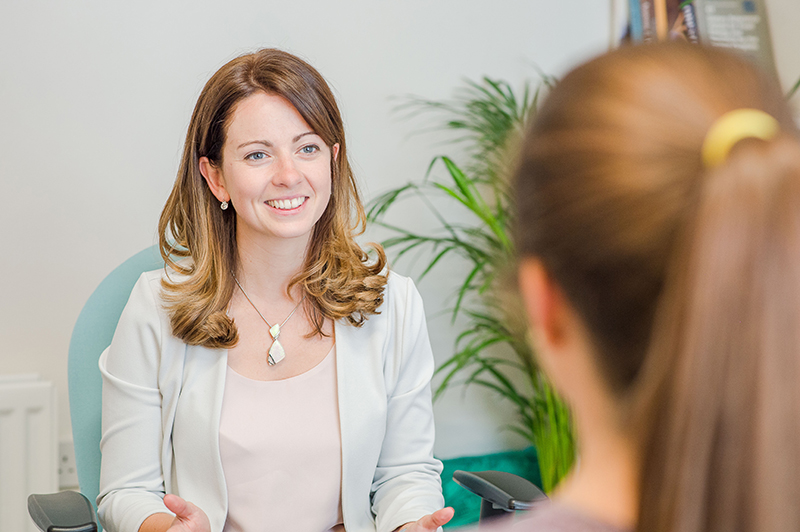Why Coaching Could Be Exactly What You Need
Life can be overwhelming.
Personal coaching provides the clarity, support, and strategies you need to move forward with confidence.
Whether you're looking to improve your health, career, mindset, or overall wellbeing, coaching helps you break through barriers and create meaningful change.

Our Belfast-based coaches support clients with:
• Work-Life Balance & Stress Management – To reduce feelings of overwhelm, burnout, or juggling personal and professional responsibilities.
• Clarity & Direction – Creating a clear vision and direction when feeling stuck, uncertainty about next steps in life, or uncertainty about personal or professional goals.
• Confidence & Mindset Shifts – Reframe mindsets and build confidence when struggling with self-doubt, imposter syndrome, or limiting beliefs.
• Career Transitions & Growth – Navigate transitions, identify strengths, take strategic steps toward new careers, starting a business, getting a promotion, or improving leadership skills.
• Improving Relationships & Communication – Develop emotional intelligence and navigate difficult conversations to build stronger personal or professional relationships.
• Accountability & Follow-Through – Providing structure, accountability, and encouragement to help clients stay on track and achieve their goals.
What You Can Expect?
We provide confidential face-to-face sessions at the clinic and online appointments. During an initial session, your coach will explore the outcomes you wish to see and map out what the coaching relationship could look like. Assuming there is a good fit with your coach and that you are committed to the process, we would recommend a batch of 6 one-hour sessions to make progress.
These sessions would usually be held weekly or fortnightly.
Initial sessions last 90 minutes and ongoing sessions are 60 minutes.
If you are unsure whether coaching is for you, you can call us and we can arrange a free discovery call with one of our coaches.
About our Coaches
Our team of professionally trained and experienced coaches offer unique specialist skillsets, often borne out of overcoming their own personal challenges. You can read more about each coach and book your appointment here.
